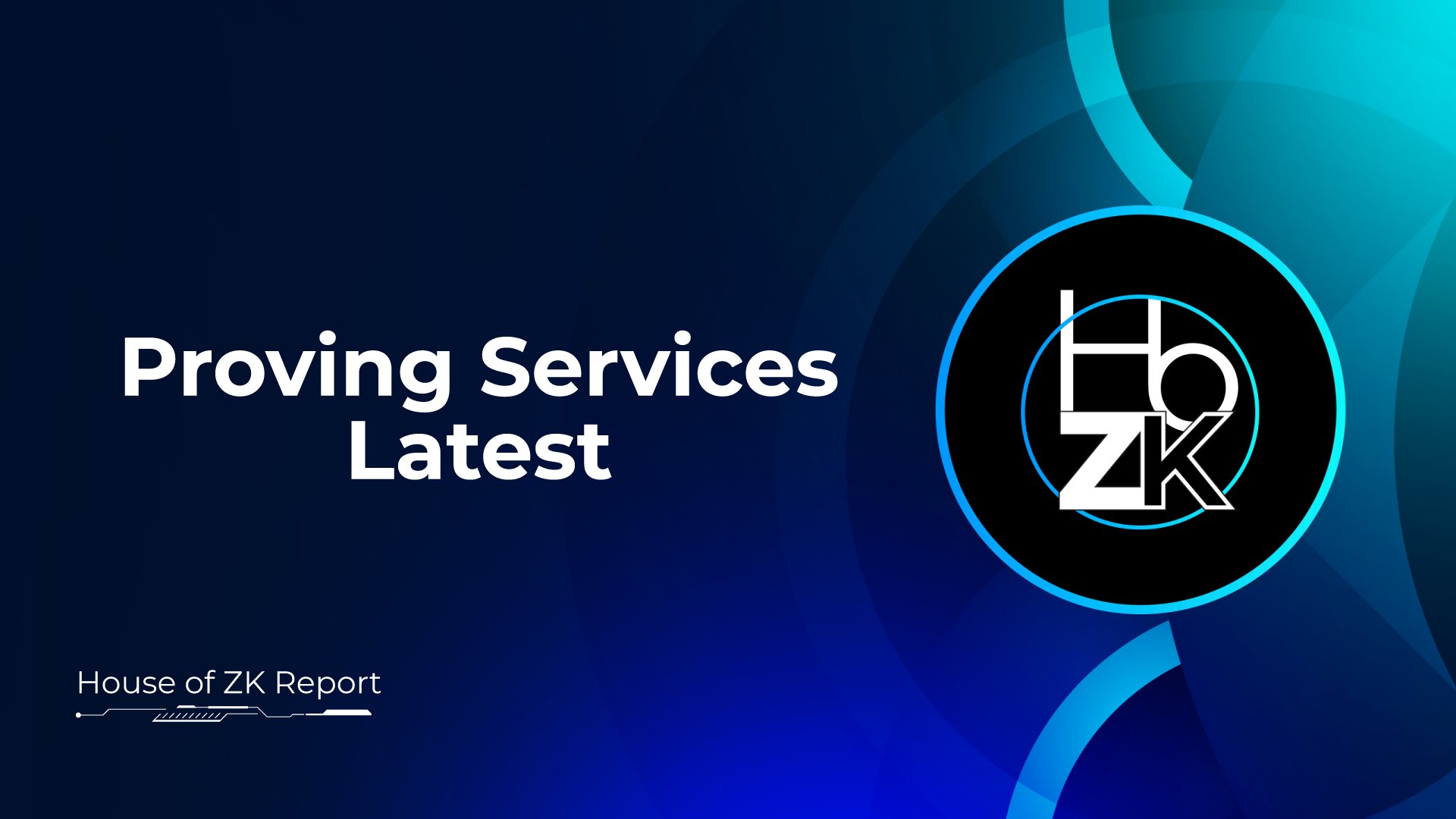
Here we report on the progress of the leading builders in the Proving Service ecosystem, documenting recent significant releases, technical breakthroughs and general updates.
Featuring: @fermah_xyz, @brevis_zk, @IrreducibleHW, @Ingo_zk, @zan_team/@AntChainOpenLab, @vlayer_xyz, @SindriLabs, @MarlinProtocol, & @zerobasezk

Testnet
@fermah_xyz has launched Phase 3 of its testnet, the final stage before mainnet:https://x.com/fermah_xyz/status/1957834977938395166
Named after esteemed cryptographer Dan Boneh, this phase stress-tests core systems, onboards Prover Nodes, and introduces payment and heartbeat features.
Integration with @zksync’s new proving system expands access to more chains. Fermah is collaborating with several ZK partners and are inviting more projects to join.
Education
@vanishree_rao, Founder of Fermah, spoke at the recent zkForge Bootcamp by @zk_monk:https://youtube.com/watch?v=rdmbySXu-jM
Vanishree discussed her journey from academic cryptography to building Fermah, a universal proving infrastructure for ZK apps.
Highlighting ZK’s role in privacy and verification, she explained key use cases like rollups and identity, emphasized @ethereum’s ZK adoption, and encouraged developers to enter the space through foundational research, infrastructure, or privacy-focused applications.
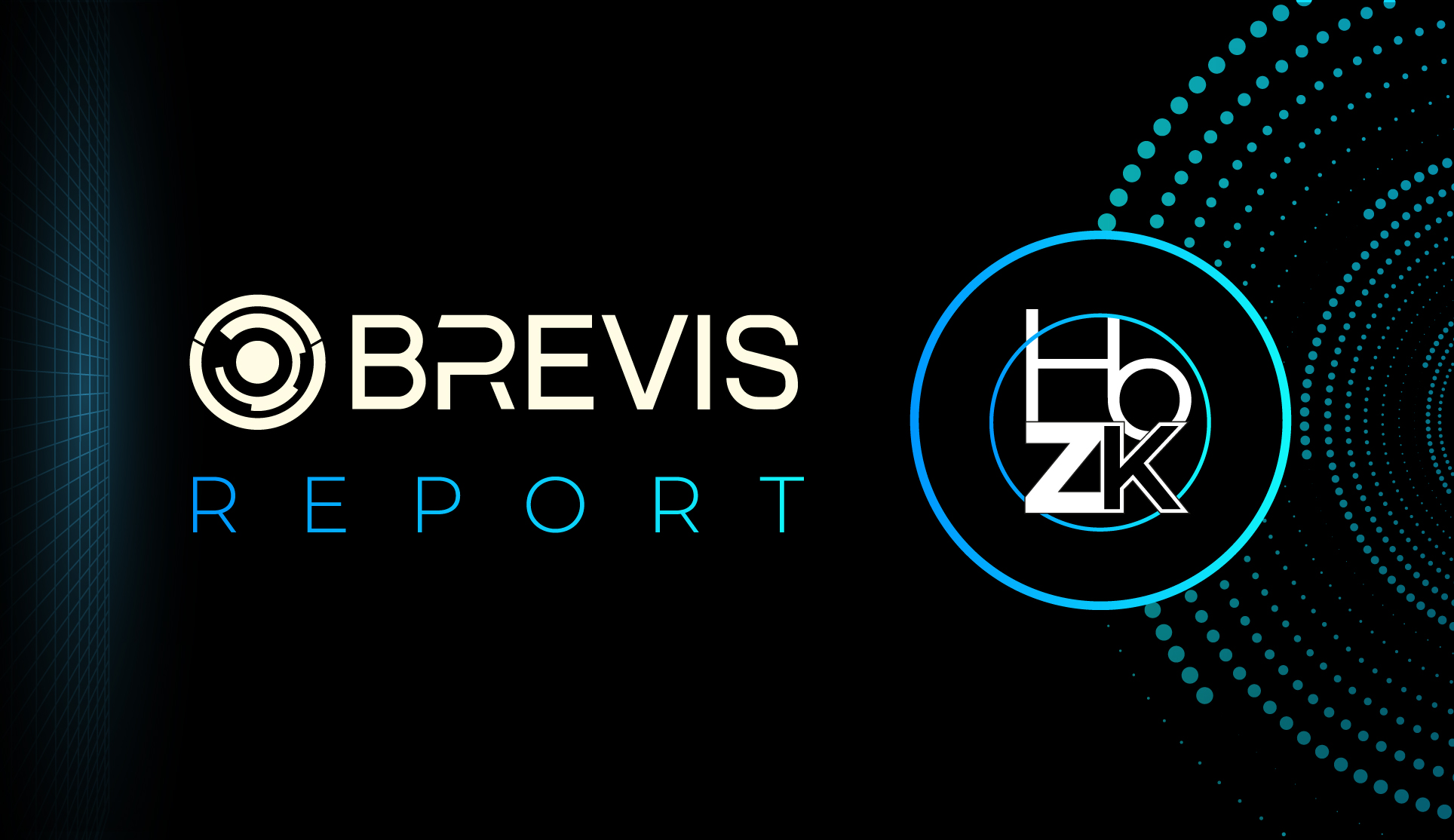
@brevis_zk has announced multiple new partnerships and integrations, including:
@usualmoney: Expanded collaboration with Usual through the deployment of Incentra on TAC Mainnet. This integration enables on-chain verifiability of off-chain activity using Brevis's zkCoprocessor, introducing a more transparent and programmable incentive architecture across DeFi systems: https://blog.brevis.network/2025/08/22/brevis-x-usual-powering-usd0-incentives-on-tac-mainnet-with-incentra/
@TacBuild: Integrated with TAC to bring Brevis’s zkCoprocessor and Pico zkVM to the @telegram-based ecosystem. This allows developers to build dApps with off-chain compute and ZKP-based verification, supporting complex logic while maintaining low on-chain resource consumption: https://blog.brevis.network/2025/08/25/brevis-now-live-on-tac-enabling-lightning-fast-trustless-and-gas-efficient-defi-for-global-users/
@LineaBuild: Partnered to provide Linea developers with Brevis’s verifiable compute infrastructure. This includes trustless access to historical data and off-chain computation using Pico zkVM, improving scalability and enabling more complex dApp functionalities:https://blog.brevis.network/2025/08/25/infinite-verifiable-compute-comes-to-linea/
@Bedrock_DeFi: Collaborated to implement Brevis’s Continuous Protocol Incentivization (CPI) framework and Incentra platform. This shifts incentive design from snapshot-based methods to verifiable contribution-based models, offering a new infrastructure layer for liquid restaking protocols with ZK-powered transparency and programmability: https://blog.brevis.network/2025/09/05/bedrock-x-brevis-rethinking-incentives-in-liquid-restaking/
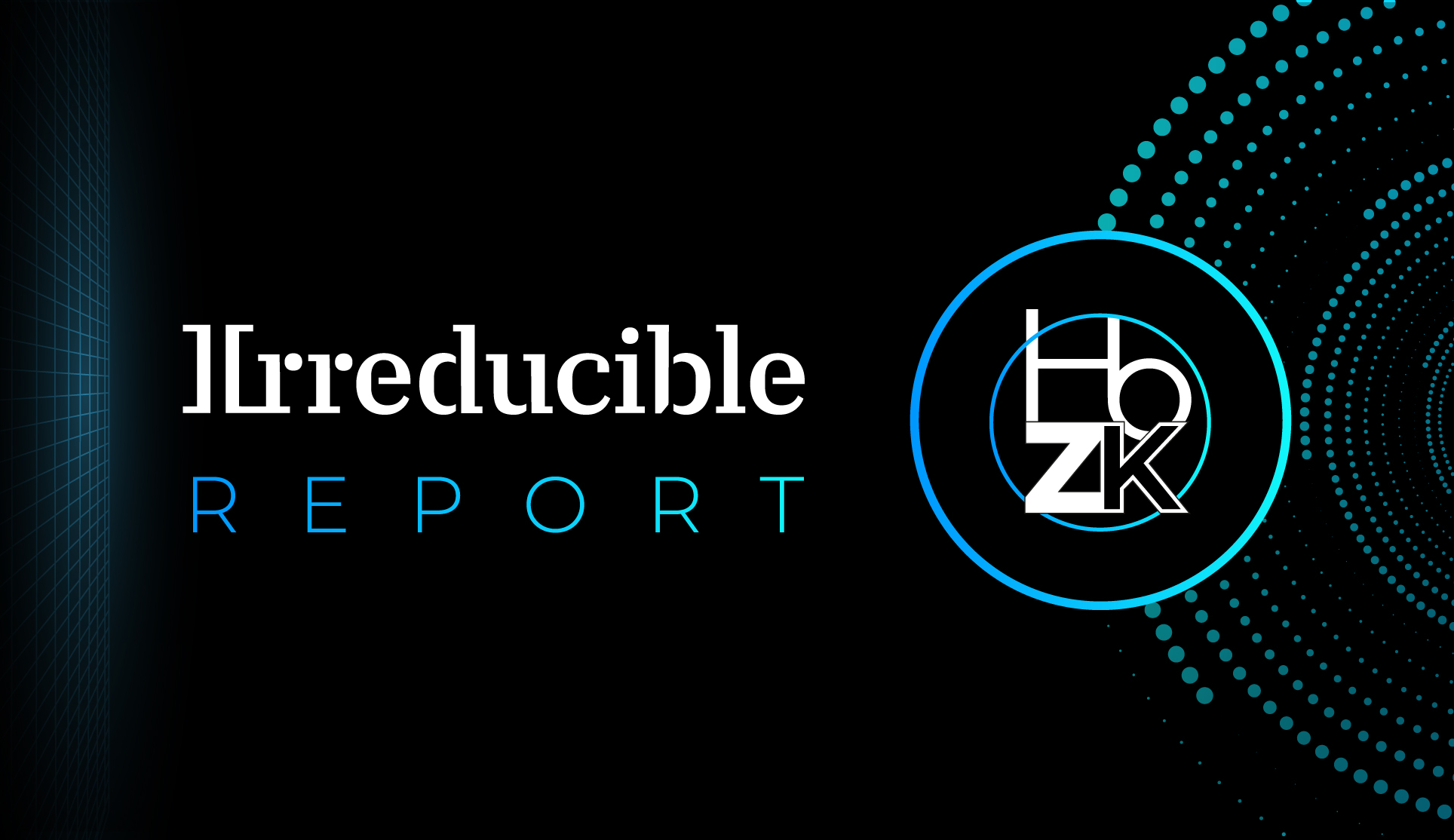
@IrreducibleHW has released Binius64, a new proof system designed for simplicity and CPU performance:https://irreducible.com/posts/announcing-binius64
Building on lessons from Binius V0, Binius64 works directly with 64-bit words and includes built-in constraints for bitwise operations and integer multiplication, avoiding the overhead of prior methods.
Benchmarks show it outperforms GPU-based zkVMs in signature aggregation tasks by around five times on standard CPUs. The project prioritizes client-side proving for privacy, with future updates planned for ZK, succinctness, and proof composition.

@Ingo_zk published a presentation by its CEO @OmerShlomovits from the recent @googlecloud Summit:https://youtube.com/watch?v=1Ce1Z9gPNfk
Omer spoke about performance acceleration for advanced cryptography, highlighting the gap between ideal hardware and available tools like TPUs.
He introduced Icicle, a cryptography library enabling developers to write efficient, hardware-agnostic code. Icicle runs on CPUs, GPUs, and mobile devices, helping cryptographers test and scale ZK-based systems faster - bridging software, hardware, and practical usability through real-world implementations and grants.rock-x-brevis-rethinking-incentives-in-liquid-restaking/

Monthly Report
@zan_team released its August report, highlighting service improvements and ecosystem collaborations:https://x.com/zan_team/status/1963150064672821394
Key developments include:
Notifications now reach users via Telegram, Discord, email, and site messages
Overage billing introduced for improved service
@solana Trading Boost supports tips mode and multi-region deployment
Launch of X Layer RPC and node services
Partnership with @StarkWareLtd, @Aptos validator role, RPC collaboration with @Top_nod
Co-hosted Web3Labs accelerator demo day
Publications
@AntChainOpenLab shared an article explaining how smart contract generation can be improved by shifting from text-to-code retrieval to a code-centric RAG framework: https://medium.com/@antchain_openlabs/beyond-text-matching-a-new-code-centric-rag-paradigm-for-smart-contractgeneration-faf6da0f357c
Instead of relying on natural language inputs, the method first generates preliminary code, then uses semantic retrieval techniques like AST analysis and fuzzy hashing to find similar high-quality contracts.
This approach enhances accuracy, reduces reliance on annotated datasets, and promotes secure, reusable smart contract development.
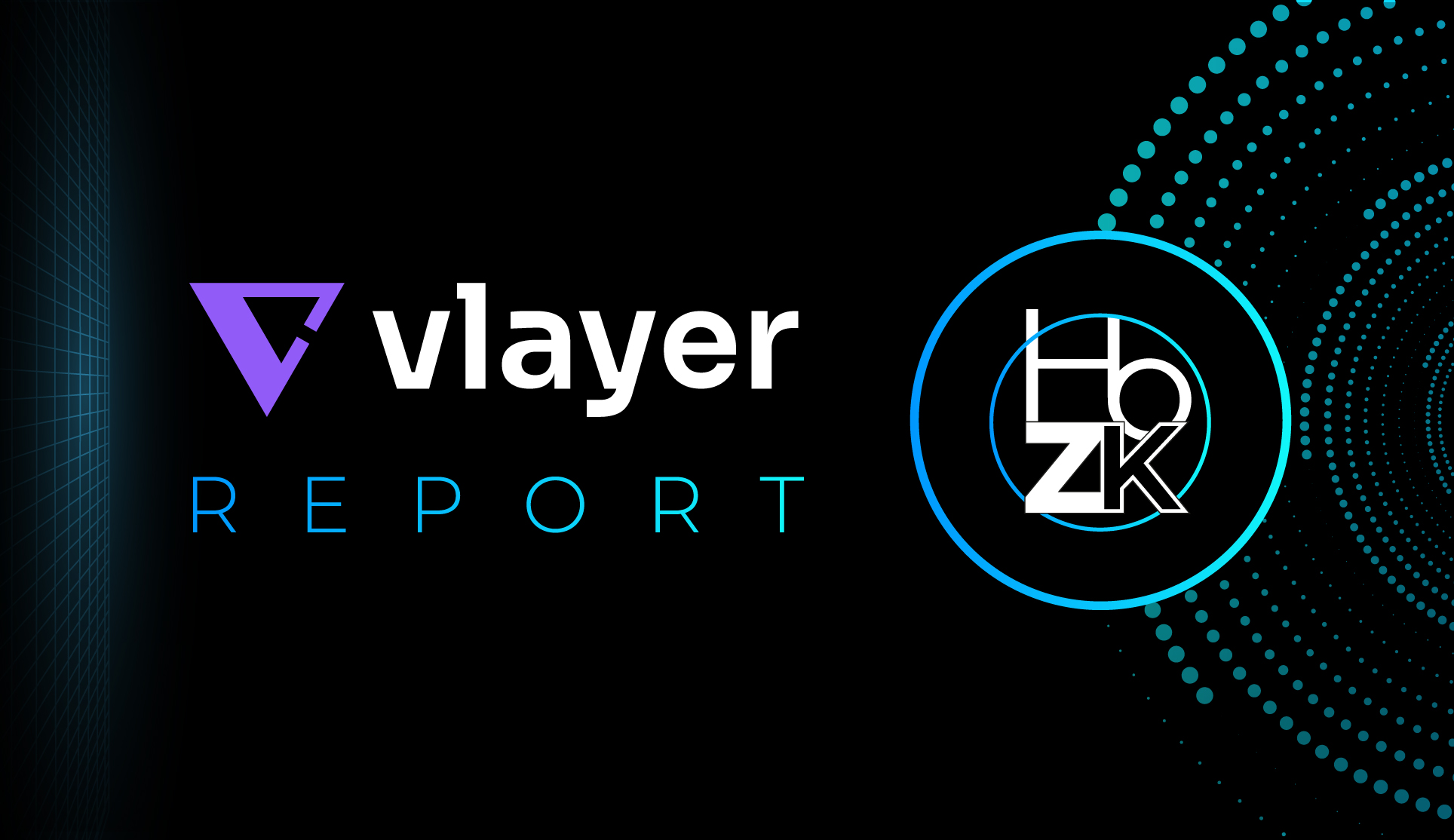
@vlayer_xyz recently highlighted new applications built on its proof technology, showing how verifiable proofs are being used not only in open-source funding but also in rewarding real-world public good.
vGrant by @intermarch3: Automates open-source funding with “Fund-on-Merge” bounties. Funders lock crypto to a GitHub issue and when a PR is merged, the vGrant bot generates a proof, the contract verifies it and funds are released instantly to the contributor. Built with vlayer Web Proofs and ZK identity verification, it removes delays, middlemen and impersonation risks while fairly rewarding developers, maintainers and funders:https://x.com/vlayer_xyz/status/1961396219537666419
Karma Proof by @lyazelda & @0xAkuti: Transforms real-world good deeds like volunteering, blood donation or planting trees into on-chain recognition. Users upload .eml files via vlayer Email Proofs, which are verified and turned into non-transferable Karma Points and soulbound NFTs. With leaderboards, streaks and redeemable rewards, Karma Proof makes public good visible, scalable and incentivized through a verifiable global reputation system:https://x.com/vlayer_xyz/sta

@SindriLabs is partnering with @ZircuitL2 to power its upgrade from zkEVM circuits to a general-purpose zkVM:https://x.com/SindriLabs/status/1963589865888780545
Using Sindri’s infrastructure for cryptographic workloads, Zircuit has already deployed the change on its Garfield testnet and plans a mainnet release soon.
The upgrade improves security, reduces prover costs, and makes it easier to adopt new @ethereum features quickly, benefiting Zircuit’s rollup users.
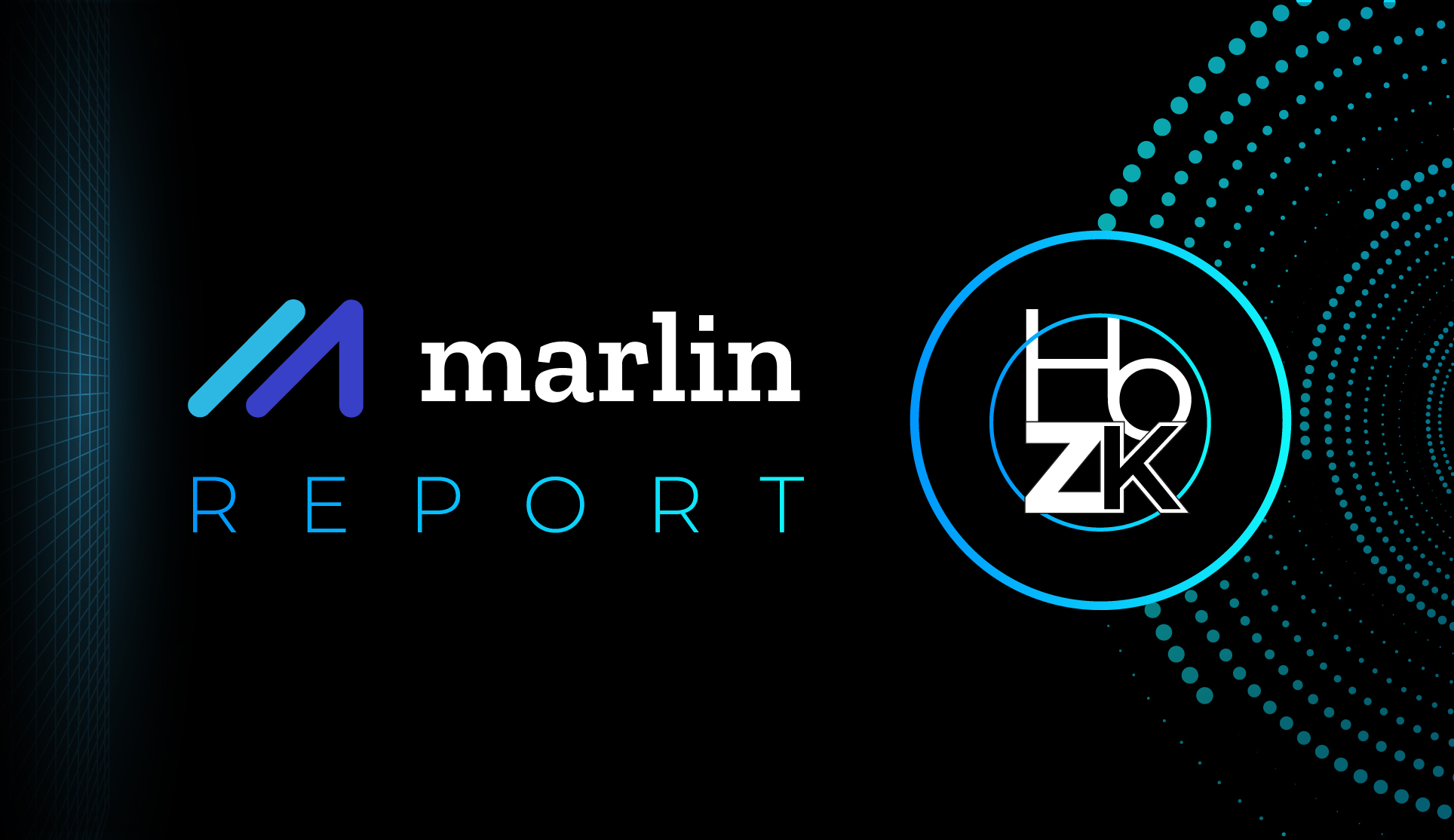
Ethproofs
@MarlinProtocol announced its participation as an active prover on @ethereum through the @eth_proofs platform: https://x.com/MarlinProtocol/status/1960671184837550408
The network is now one of eight active provers generating proofs using @SuccinctLabs’ SP1 Turbo.
Partnerships
Marlin is partnering with @FractionAI_xyz, a decentralized platform focused on training autonomous agents: https://x.com/MarlinProtocol/status/1963981617149477154
The collaboration enables agent execution and training within hardware-isolated environments that ensure data confidentiality and correctness. By leveraging Marlin’s TEE-based infrastructure, Fraction AI gains verifiable and secure compute across distributed nodes, while Marlin strengthens adoption of its network as decentralized AI scales in demand.

@zerobasezk announced it has completed a full security audit of its ERC-20 compliant utility token with @OpenZeppelin: https://x.com/zerobasezk/status/1965327286674325712
The review covered smart contracts and cross-chain deployment scripts, identifying 13 issues, mostly low severity, with no critical or high findings. Ten were resolved, two partially.
The audit confirmed proper @LayerZero_Core integration for cross-chain operations. Recommendations included improved documentation and expanded automated testing for long-term reliability.
Full report: https://blog.openzeppelin.com/zerobase-token-audittus/1963940734387577057